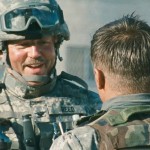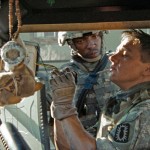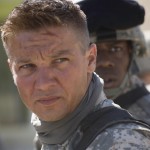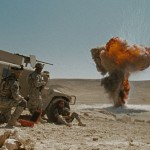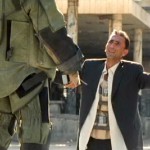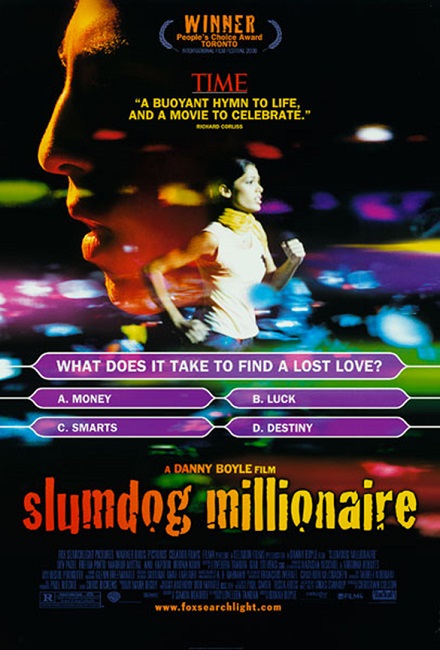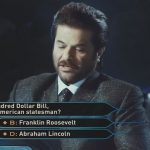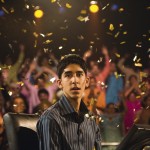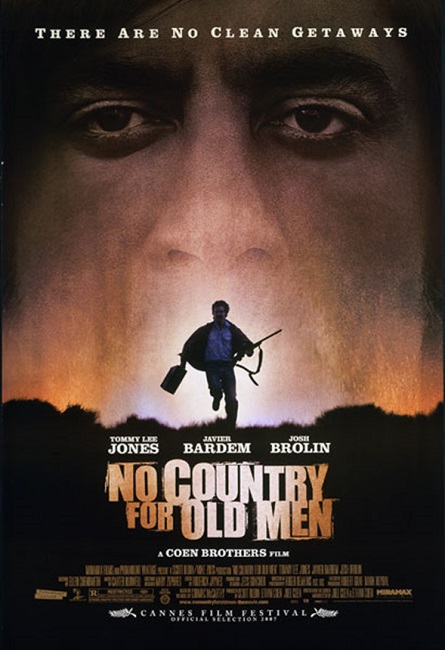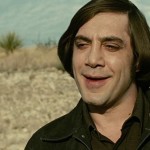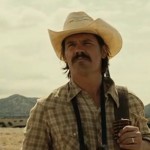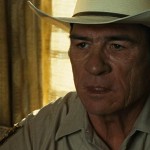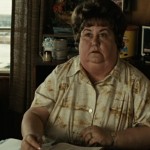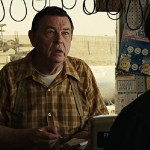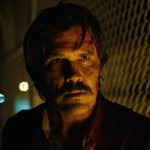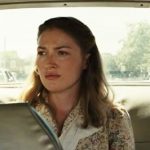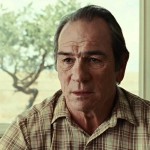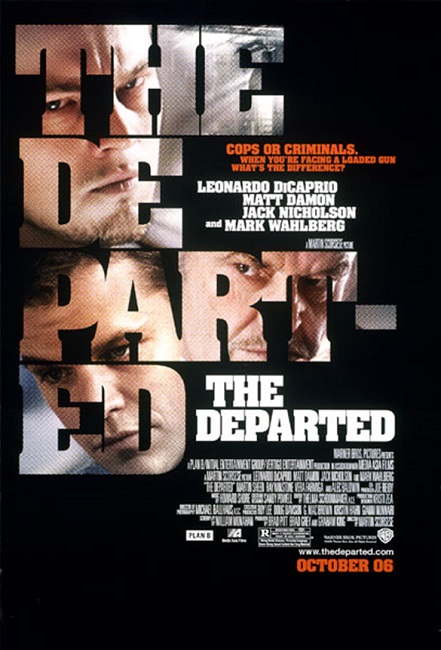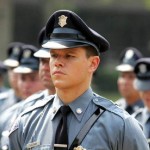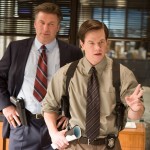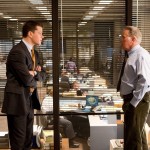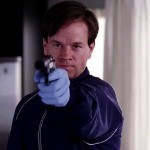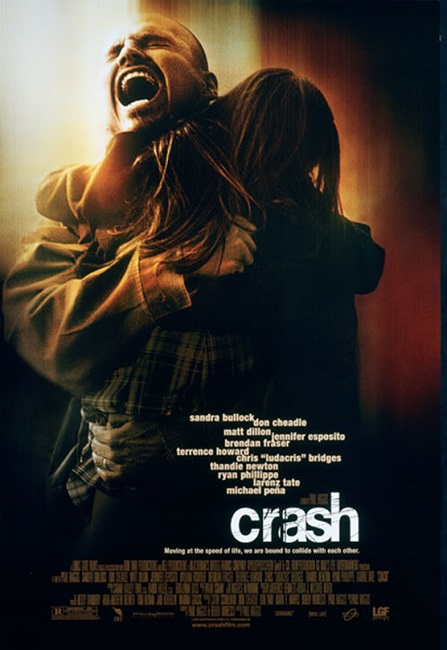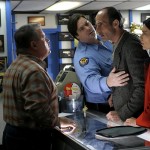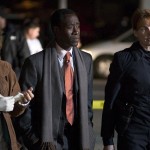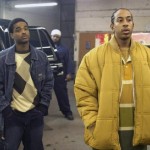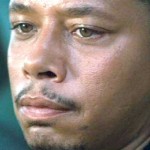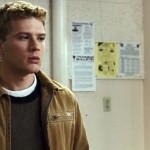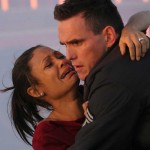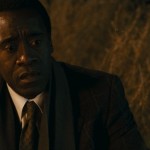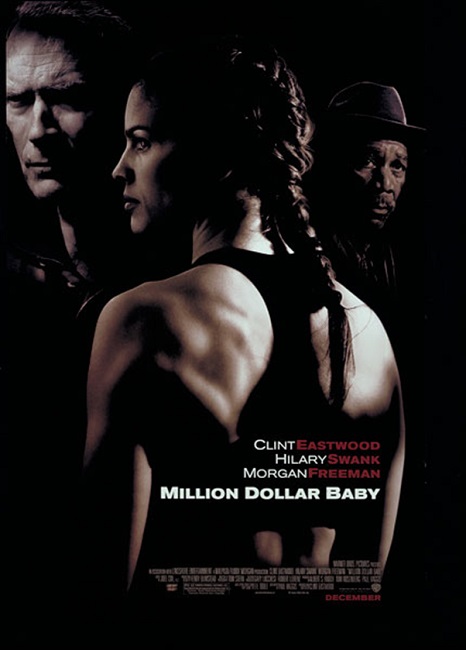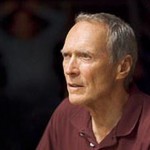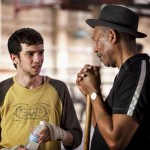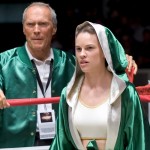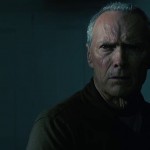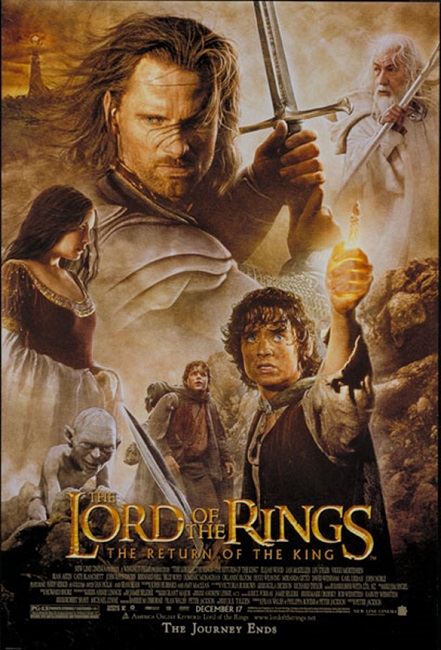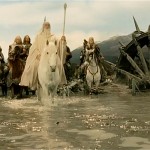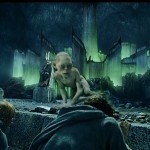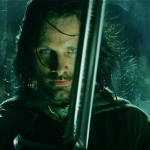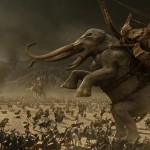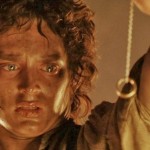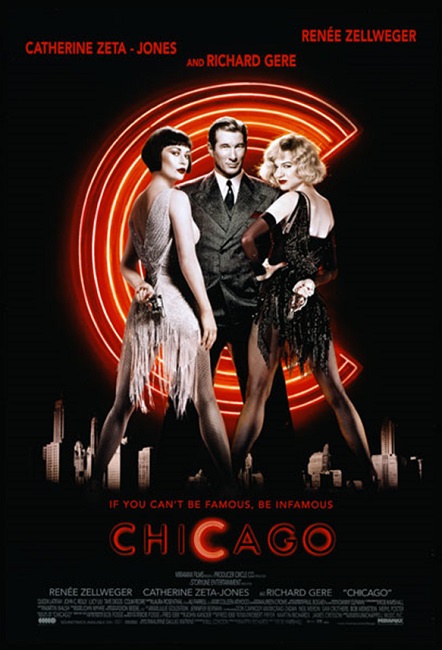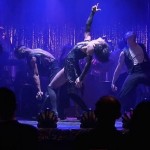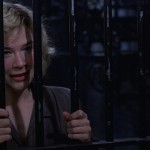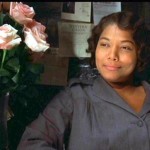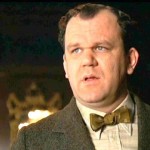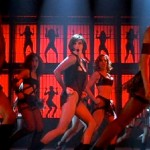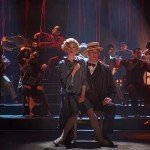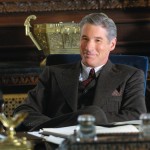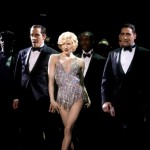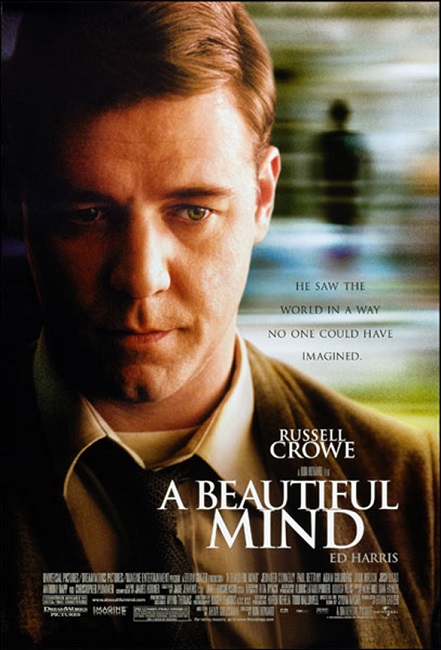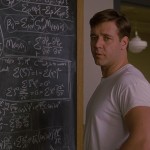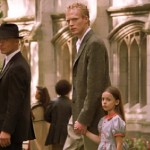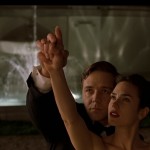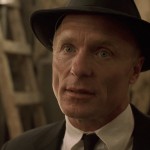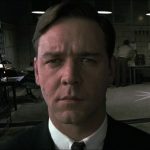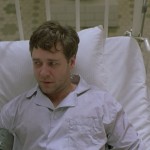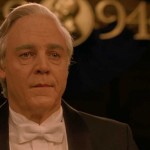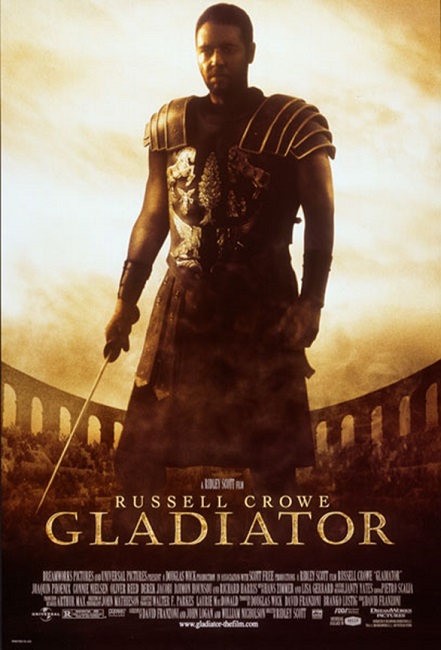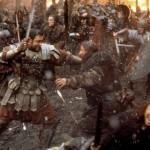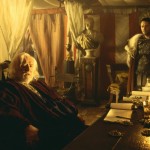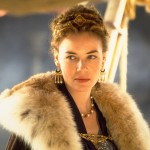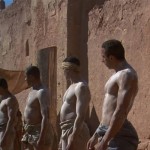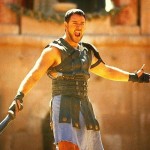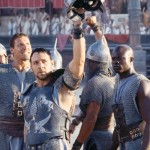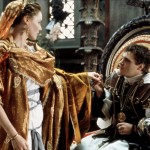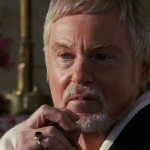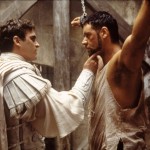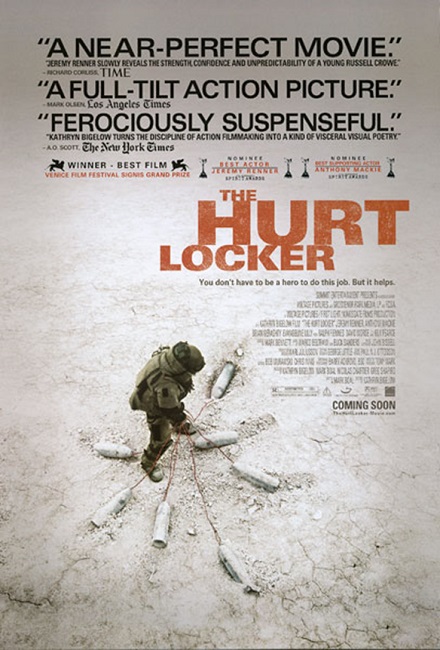
The Hurt Locker – 2009
Well, here we are again with another war film. This one has the distinction of being the first Best Picture winner about the Iraqi War. Everyone with whom I had spoken about The Hurt Locker told me that it was such a good film, so my expectations were high. I enjoyed the movie on a number of levels, though when I was done watching it, I had to take it in stride. Some aspects of the movie were so obviously manufactured, unrealistic, and not based in reality that I could not take them too seriously.
That being said, there was also a lot of realism about other aspects of the movie, and the drama was good. It seemed to me that there were 3 leading cast members and 3 supporting members. The leads were all relatively unknown actors at the time: Jeremy Renner, Anthony Mackie and Brian Geraghty. The supporting cast was made up of Guy Pierce, David Morse and Ralph Fiennes, each of whom had already made names for themselves in Hollywood.
The plot was an interesting one in that there was no real villain. But despite that fact, the film was full of heart-pounding tension. Our 3 leads are members of a U. S. Army Explosive Ordinance Disposal unit, or EOD unit. Live explosives make for innately tense situations. The men who volunteer to be on the teams that diffuse them have to have nerves of steel to work under enormous pressures that I can only attempt to imagine.
The film follows Sergeant First Class William James, played by Renner, Sergeant J. T. Sanborn, played by Mackie, and Specialist Owen Eldridge, played by Geraghty, during the final month of their 1 year tour of duty in Baghdad. These 3 men did a fantastic job, especially Renner, the leader of the team. Not only did they act their parts well, as I did my research, I found that they did their filming in Jordan, in the Middle East. They had to deal with all the harsh conditions typical of the remote location, not the least of which was the heat, which averaged 120 degrees Fahrenheit for most of the shoot.
The film was directed by Kathryn Bigleow, and she was the first woman to be awarded the Best Director Oscar from the Academy. It was her goal to infuse the movie with as much realism as she could. She wanted the audience to experience the realities of Iraq War as did the soldiers by whom the war was fought. The sweat on the faces of the actors was real.
Interesting note: Renner recounts his experiences during filming, saying, “I got food bugs, then I got food poisoning: lost 15 lbs in 3 days.” Add to that the 80-100 lb bomb suit made of padded material, and it is a wonder that he didn’t suffer heat stroke on a daily basis.
But the film starts out with a different leader: Staff Sergeant Matthew Thompson, played by Guy Pierce. He seems like a very competent man who really knows his job backwards and forwards. A bomb threat is called in and it is his job to put on the bomb suit and actually approach the explosives to diffuse them. Sanborn and Eldridge have the task of making sure the locals stay away from him and to watch for any suspicious individuals who might have remote detonation devices.
Too late, a man with a cell phone is spotted. Thompson tries to run, but the bomb explodes and Thompson is killed. His replacement arrives in the form of Sgt. James. The problem with Sgt. James is that he is a loose cannon. He is a successful bomb diffuser with an incredible track record, but he has a complete disregard for proper procedure, and has a habit of endangering his own life as well as the lives of his teammates.
Here is where my main complaint about the plot comes in. I happen to be from a military family, and though I’ll admit that I don’t know much about military procedure and the like, I do know that soldiers that don’t follow rules and safety protocols are not tolerated. They are quickly taken off assignments and sent elsewhere. I imagine that they are probably harshly disciplined as well.
Even as I was watching the movie, I was just rolling my eyes as I saw Sgt. James doing stupid things that put his crew at risk. He put them into situations that they had no business being in. He gave them orders which could have easily gotten them all killed. And yet, there was a scene in which Colonel Reed, played by David Morse, approached him simply to praise him for his work and marvel at how cool everyone seemed to think he was.
No! He is not cool! He was a menace to himself and everyone around him! He needed to be taken off the EOD unit and demoted, if not discharged! It all started on the first mission in which Sgt. James participated. An explosive device is reported in a residential area of Baghdad. The locals clear the street as they see the bomb squad approaching. Sanborn starts to get out the remote unit, a small robot with a swivel arm and a camera that can safely assess the threat. It can give the EOD unit an idea of what kind of explosives are being used and possibly what detonation device is being employed without putting any human lives at risk.
However, the gung-ho Sgt. James refuses to send the robot. He immediately demands the bomb suit and approaches the bomb on foot. Sanborn objects and protests, but James pulls rank, ignores the rules, and does things his own way. OK, end of story. Remove him from duty… now. But no. He successfully diffuses the bomb and nobody is hurt.
This kind of behavior causes tension in the group, and here is where a lot of the drama of the film comes from. How do Sanborn and Eldridge put their lives in the hands of a man who seems to have little regard for their lives? There were just so many stupid things that the character of Sgt. James did I had to start looking at the movie as a complete work of fiction.
Interesting note: The film was independently written and made without the help of the U. S. Army. Here is a quote I found on Wikipedia, in regards to the character of Sgt. James: (He is) “more of a run and gun cowboy type… exactly the kind of person that we’re not looking for.” Another bomb disposal team member says that the lead character’s “swagger would put a whole team at risk. Our team leaders don’t have that kind of invincibility complex, and if they do, they aren’t allowed to operate. A team leader’s first priority is getting his team home in one piece.”
I was right.
But at least his reckless behavior was acknowledged. At one point, he orders his EOD team to chase after some terrorists that were fleeing the site of a successful bombing. During the chase, Eldridge is nearly captured. In order to save him, James and Sanborn have to shoot the men dragging him away. In the process, they shoot Eldridge in the leg, shattering his femur in 7 places.
As Eldridge is being airlifted to surgery, he bids a fond goodbye to Sanborn, but curses James for his stupid and unprofessional behavior. James tries to apologize for shooting him, but adds that he had to do it in order to save his life. Eldridge says that he would never have had to do it if he hadn’t forced them all to be where they should have never have been in the first place. And he was absolutely right. But even after that, James was still not relieved from duty. Pure fiction.
But I was able to enjoy the tension and drama of the movie. The unpredictability of the bombs and mysterious behavior and attitudes of the locals really put me on edge, which was the point. Bigelow did her job well. I was at the edge of my seat when James was searching a burned-out car for a detonation device or trying to use a pair of bolt cutters to remove a bomb vest from a civilian being used as an unwilling suicide bomber.
Now, there is one thing that I had to question. It seemed that at times, the team was diffusing a different bomb every day, which seems like a lot. Is that really how it was? Were there that many unexploded bombs all over the city of Baghdad and the surrounding area? How often were real EOD units called to do their dangerous work in the Iraq War? Was this an accurate depiction?
Apparently, the answer is yes. In fact, in my research, I found that the movie may have actually softened reality a bit. The film’s screenwriter, Mark Boal, had spent time with an EOD unit as a journalist in 2004. He apparently accompanied the team 10 – 15 times a day to watch their tasks. That would lead me to believe that the brave soldiers who have this horrible job are put in danger far more often than the movie shows.
As I mentioned earlier, I thought that Renner did a particularly good job in his role. The fact that his character did some pretty unprofessional and moronic things like throwing away his communications head-set when he was irritated because Sanborn was screaming at him, telling him that he was putting all their lives in danger, was not the actor’s fault. That was Boal’s fault. Renner played the part well as it was written.
The film not only tried to put the audience in the middle of the action, it tried to put it inside Sgt. Jame’s head, as well. What we saw was a little disturbing and yet all too believable. It takes a certain kind of mind to function under those harrowing conditions for any length of time. I would guess that nobody walks away from one life threatening situation after another without being damaged somehow.
And here, finally we have somewhat of an explanation for the problems with the character. The first thing said at the very beginning of the film is a quote from a best selling book written by Chris Hedges, a New York Times war correspondent and journalist. “The rush of battle is a potent and often lethal addiction, for war is a drug.”
That chilling quote is explained in the final scenes of the film. When Sgt. James’ tour of duty is over, he returns home to his wife and infant son, only to realize that he feels disconnected from everything. The banality of his home existence is too much for him. He is bored and uninterested in the safe and sedate day to day tasks he must perform. So, what does he do? He re-enlists and is sent back to Iraq to begin another 365 day tour of duty. A potent and often lethal addiction, indeed. It made for a very profound ending.
The Hurt Locker was nominated for 9 Academy Awards, winning 6 of them. In addition to Best Picture, the film took home Oscars for Best Director (Bigelow), Best Original Screenplay, Best Sound Editing, Best Sound Mixing and Best Film Editing. I would agree with all of them, except maybe for the Best Original Screenplay. The whole basis for the film is a man who would never be allowed to serve in such a capacity.
So, I have to ask, what was The Hurt Locker up against in the Original Screenplay category? Inglorious Bastards, The Messenger, A Serious Man and Up. The only one of those films I have actually seen is Inglorious Bastards. Personally, I liked that screenplay better than The Hurt Locker. But that’s just me.

